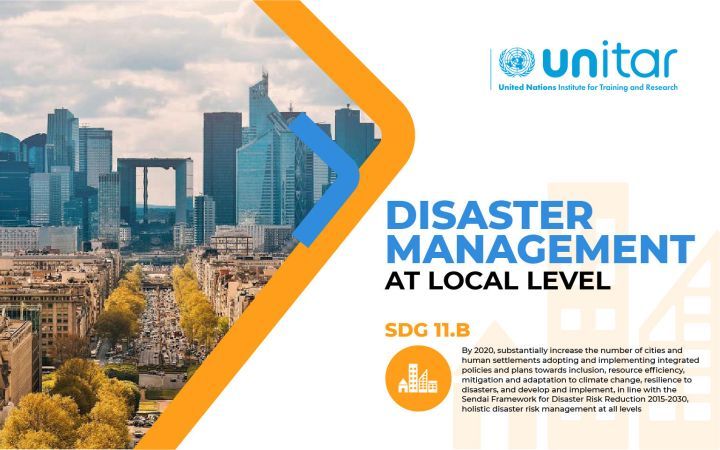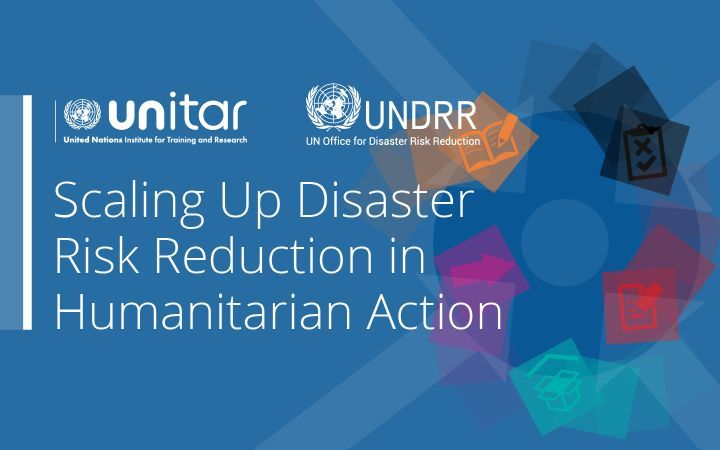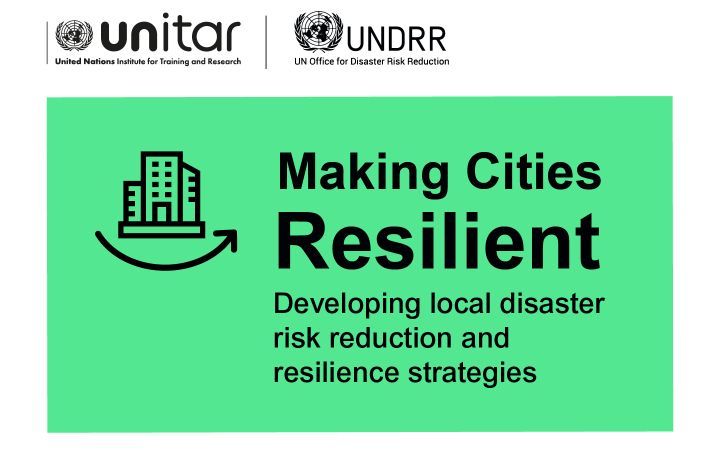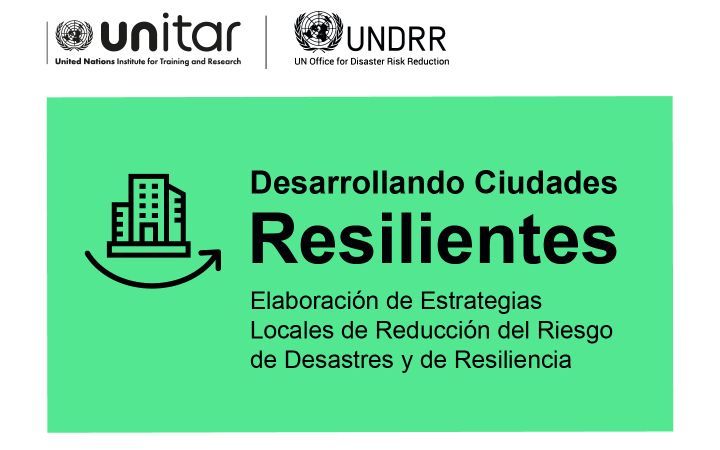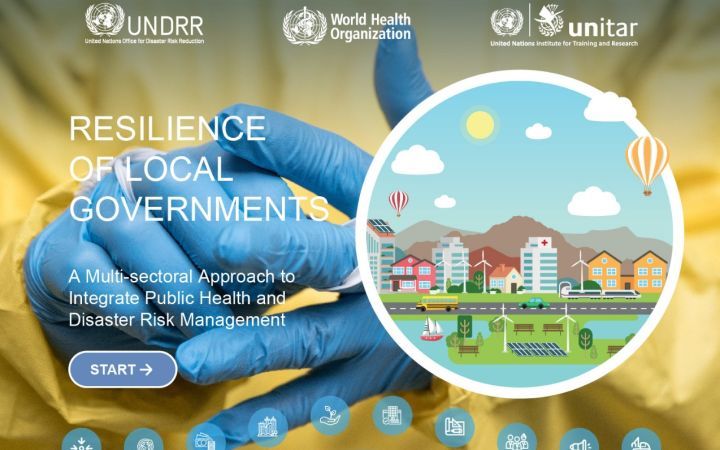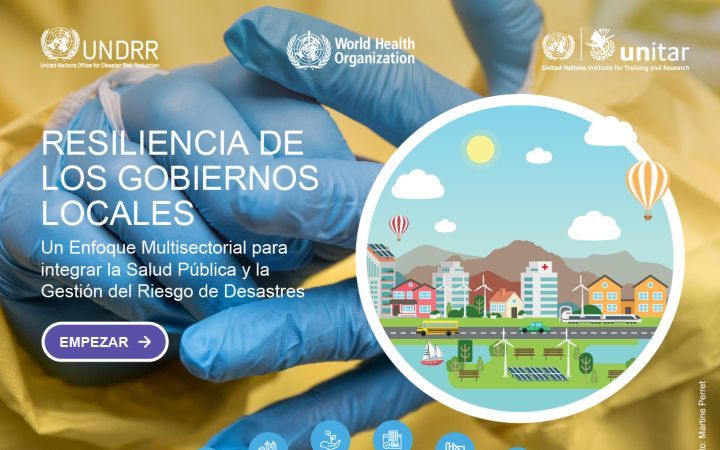Background
Disasters affect the well-being and safety of people, communities and countries, as a whole. Globally, the most common hazardous events are road accidents, natural disasters, and industrial injuries. Approximately 190 million people are directly affected annually by emergencies due to natural and technological hazards, with over 77 000 deaths. An estimated 235 million people required humanitarian assistance in 2021 due to conflict, disasters, and overlapping crises (UNDRR, 2025). Between 2000 and 2019, extreme heat was responsible for nearly 489,000 deaths annually, with over 61,000 excess deaths recorded in the summer of 2022 alone. From 2015 to 2024, the world faced an escalating number of multi-hazard events, including zoonotic disease outbreaks, which now account for over 70% of emerging infectious threats, driven by environmental degradation and climate change (UNDRR, 2025).
All communities are at risk of emergencies and disasters, including those associated with natural disasters, infectious disease outbreaks, conflicts, technological and other hazards. Particularly in the context of increased urbanization and climate change, frequency, severity and impact of disasters are crucial. The health, economic, political and societal consequences of these events can be devastating for developed and developing countries.
The Sendai Framework for Disaster Risk Reduction 2015-2030 and the Sustainable Development Goals (SDGs) recommend scaling up the implementation of holistic disaster risk reduction (DRR) policies and plans, as means to improve resilience to disasters globally (SDG 11.B). Reducing the impact of disasters is a top priority.
Checklist on Scaling Up Disaster Risk Reduction in Humanitarian Action
The United Nations Institute for Training and Research (UNITAR), the United Nations Office for Disaster Risk Reduction Office for Northeast Asia (UNDRR ONEA), along with its Global Education and Training Institute (GETI) are offering this e-learning course to serve as a tool to guide humanitarian action in adopting a risk-sensitive approach when planning humanitarian needs and responses.
- Language: English
- 2025 Session: 01 January 2025 until 31 December 2025
- Click here to register
Learn More
Making Cities Resilient: Developing Local Disaster Risk Reduction and Resilience Strategies
Particularly in the context of increased urbanization, the urban risk continues to rise. The vulnerability of cities to disasters is growing especially as poor people settle in high-risk urban areas. Unfortunately, the planning and development of cities have given little consideration to the consequences of hazards such as earthquakes, hydro-meteorological risks, and others. The implication of this reality is the need for countries to focus on creating a safer world for urban dwellers and developing a series of innovative approaches to build resilience.
On the basis of these needs, UNITAR in partnership with UNDRR has developed the e-learning course “Making Cities Resilient: Developing Local Disaster Risk Reduction and Resilience Strategies”.
- Language: English
Lessons are accessible (audio transcription and sign language interpretation) for persons with some types of hearing and visual disabilities. - 2025 Session: 01 January 2025 until 31December 2025
- Click here to register
Learn more:
DESARROLLANDO CIUDADES RESILIENTES: ELABORACIÓN DE ESTRATEGIAS LOCALES DE REDUCCIÓN DEL RIESGO DE DESASTRES Y DE RESILIENCIA
En el contexto de la creciente urbanización, el riesgo urbano sigue aumentando. La vulnerabilidad de las ciudades a las catástrofes aumenta, especialmente a medida que las personas de bajos recursos se asientan en zonas urbanas de alto riesgo. Lamentablemente, la planificación y el desarrollo de las ciudades han tenido poco en cuenta las consecuencias de peligros tales como los terremotos, los riesgos hidrometeorológicos y otros. La consecuencia de esta realidad es la necesidad de que los países se centren en la creación de un mundo más seguro para los habitantes de las ciudades y en el desarrollo de una serie de enfoques innovadores para aumentar la resiliencia.
- Idioma: Español
Las lecciones son accesibles (interpretación de audio y lenguaje de señas) para personas con algunos tipos de discapacidades auditivas y visuales. - Sesión de 2025: Enero 01.2025 hasta Diciembre 31. 2025
- Para inscribirse, haga clic aquí
Resilience of Local Governments: A multi-sectoral approach to integrate public health and disaster risk management
The United Nations Institute for Training and Research (UNITAR), the United Nations Office for Disaster Risk Reduction (UNDRR) along with its Global Education and Training Institute (GETI), and the World Health Organization (WHO) are offering this e-learning course to present the Public Health System Resilience Scorecard for Cities and the Health Emergency and Disaster Risk Management Framework as tools to integrate disaster risk management strategies and public health, while following a multi-sectoral approach.
- Language: English
- 2025 Session: January 01.2025 until December 31. 2025
- To register, please click here.
Learn More:
RESILIENCIA DE LOS GOBIERNOS LOCALES: UN ENFOQUE MULTISECTORIAL PARA INTEGRAR LA SALUD PÚBLICA Y LA GESTIÓN DEL RIESGO DE DESASTRES
El Instituto de las Naciones Unidas para la Formación y la Investigación (UNITAR), la Oficina de las Naciones Unidas para la Reducción del Riesgo de Desastres (UNDRR), junto con su Instituto de Educación y Formación Global (GETI por sus siglas en inglés), y la Organización Mundial de la Salud (OMS) ofrecen este curso de aprendizaje electrónico para presentar el “Cuadro de mando de la resiliencia ante desastres para ciudades” y el marco de gestión del riesgo de desastres y emergencias sanitarias, como herramientas para integrar las estrategias de gestión del riesgo de desastres y la salud pública, siguiendo un enfoque multisectorial.
- Idioma: Español
- Sesión de 2025: Ene 01.2025 hasta Dec 31. 2025
- Para inscribirse, haga clic aquí.
MÁS INFORMACIÓN:
For more information, please contact: disaster@unitar.org


